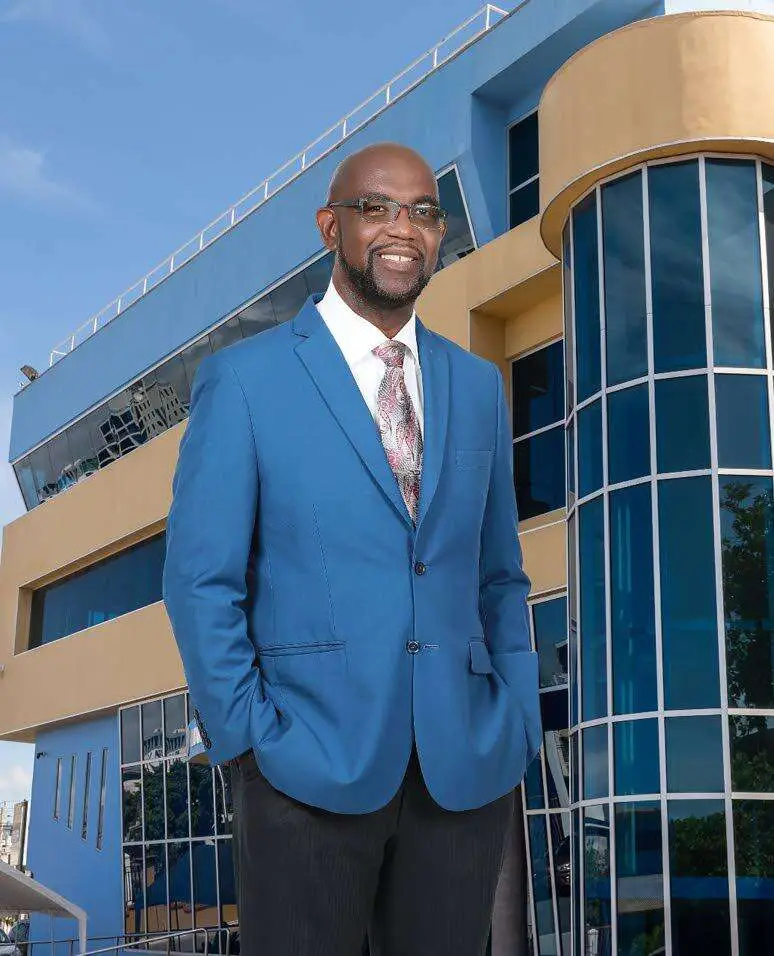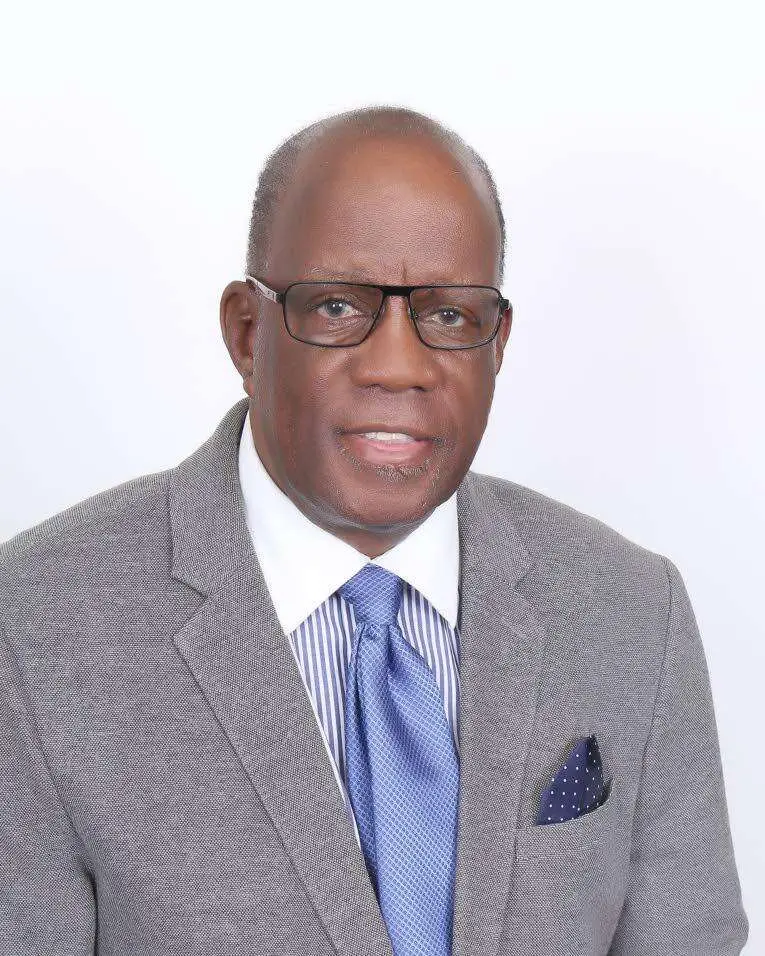
UCC comes of age
Those who traverse the environs of New Kingston get to see excellence unfolding at the corner of Trafalgar Road and Worthington Avenue — the home of the University of the Commonwealth Caribbean (UCC).
In the November 12, 2012 edition of the Jamaica Observer, I wrote a column with the headline: ‘What do these men see and know about Jamaica that others don’t?’ Two of these, Gordon “Butch” Stewart and Lascelles Chin, passed away leaving behind legacies for present and future generations to be inspired by. The other, Winston Adams, remains at the wheel and in his prime, directing the affairs of arguably Jamaica’s and the Caribbean’s most acclaimed private tertiary education institution.
The journey began in 1992 as the Institute of Management Sciences (IMS). Growth has come mainly through acquisitions, through partnerships, and through technology. The first major acquisition came in January 2002 with the takeover of the then Matalon-owned Institute of Management and Production (IMP). Partnerships with larger and better-known international institutions have been a key strategy to build capacity, extend reach, and offer students diversity in their educational choices. Some of these have included: Florida International University (FIU), University of London, the Commonwealth of Learning (COL) in Canada, and the University of Sunderland in the United Kingdom. Through a service agreement with international online programme manager Higher Ed Partners (HEP), UCC Global has extended its reach beyond the shores of Jamaica to approximately 20 countries.
UCC offers tailor-made professional certificate and diploma courses as well as degrees at the bachelors, master’s, and doctoral levels. Along the way, the organisation acquired accreditation for its courses and the institution from bodies locally and internationally.

Unusual for an education institution, the UCC with its foray into investments and real estate has evolved into a group of companies. These accomplishments make it a good candidate for full university status and an initial public offer towards listing on the Jamaica Stock Exchange.
On the threshold of the country’s 61st Independence anniversary, when Jamaica seems to be going contrary to its great promise, one only need look to individuals like Winston Adams and institutions like the UCC to be brought back to the realisation conveyed by these words spoken by Governor General Sir Patrick Allen: “There is nothing wrong with Jamaica that cannot be fixed by what is right with Jamaica”.
Men adrift
I joined the throng of people who gathered at the National Arena on July 16, 2023 for the annual commencement exercise of the UCC. I watched in awe and delight as the seemingly never-ending procession of 774 robed graduands majestically descended the stairs to take their seats at the front of the main auditorium.
My initial glee turned to dismay when it dawned on me that, except for a sprinkling, men were conspicuously absent from the procession. They had, it seemed, abandoned the hallowed halls of academia for the street corners, chill spots, or wherever else tickle their fancy.
UCC President Professor Haldane Davies made a terse observation which dominated the news cycle in the ensuing days: “And, again, men, the women have outnumbered us 624 to 150. Men we must do better.”
The disappearing male is not just a Jamaican thing. First World countries are not spared the phenomenon as seen from the following quote taken from a recently published book, titled Men Are Lost, written by Christine Emba: “Worrying about the state of our men is an American tradition. But today’s problems are real and well documented. Meanwhile, women are surging ahead in school and in the workplace, putting a further dent in the provider model that has long been ingrained in our conception of masculinity.”
Jamaica’s youth, more specifically males, are in crisis. One may go as far back as Edith Clarke’s, My Mother Who Fathered Me (1957), Errol Miller’s Marginalization of the Black Male (1986) and Men At Risk (1991), the late Barry Chevannes’ Learning to be a Man (2001), or to the publications of contemporary researchers and workers in the fields of sociology and anthropology like Herbert Gayle and Horace Levy, which explain that men are performing badly compared to their female counterparts in every area — life expectancy, literacy, student enrolment, incarceration, perpetrators, and victims of homicide.
The problem has been studied and written about ad infinitum. The only question remaining to be answered is: What are we going to do about it?
Dr Henley Morgan is founder and executive chairman of the Trench Town-based Social Enterprise, Agency for Inner-city Renewal and author of My Trench Town Journey: Lessons in Social Entrepreneurship and Community Transformation for Policy Makers, Development Leaders, and Practitioners. Send comments to the Jamaica Observer or hmorgan@cwjamaica.com.

























